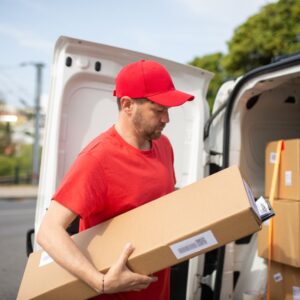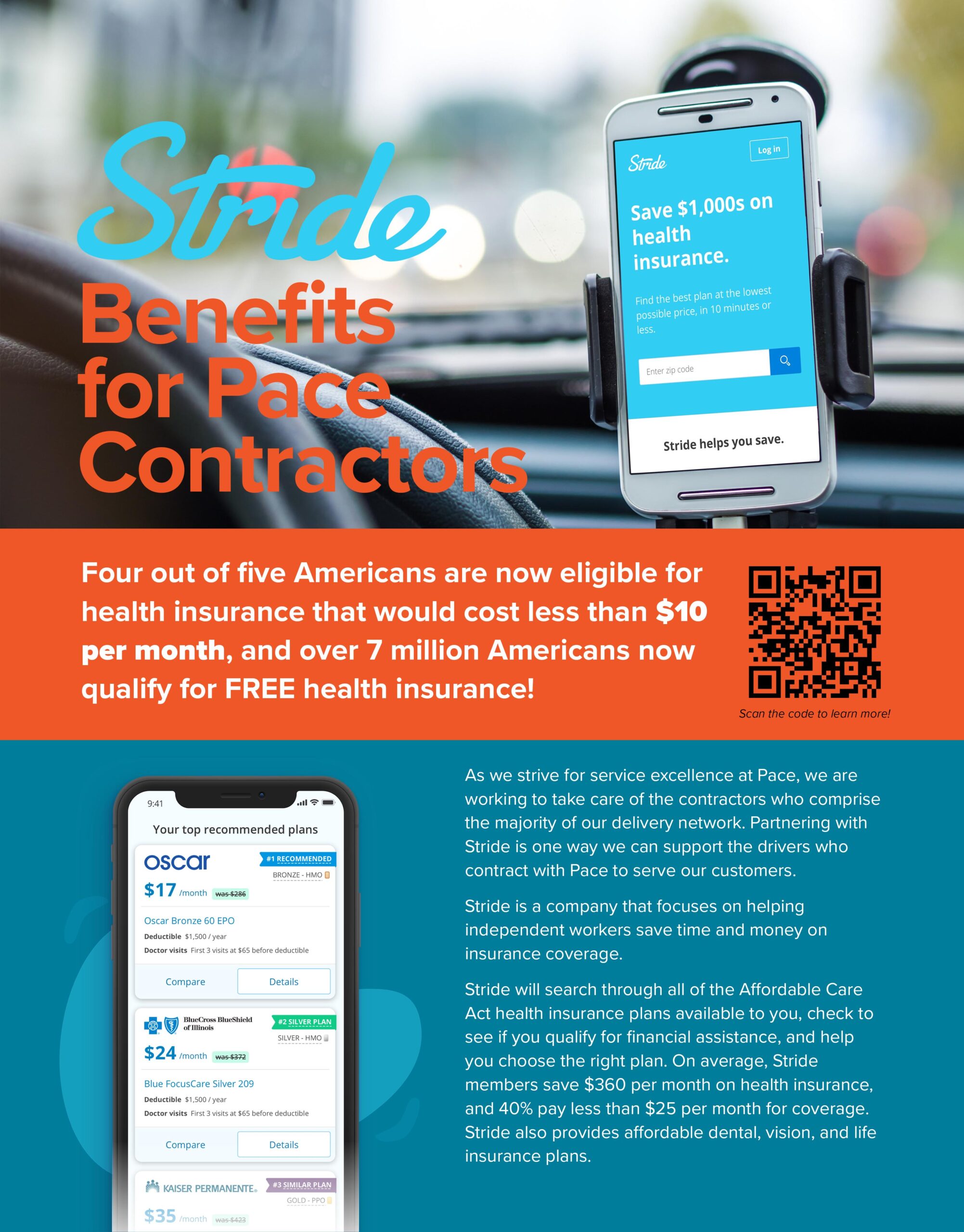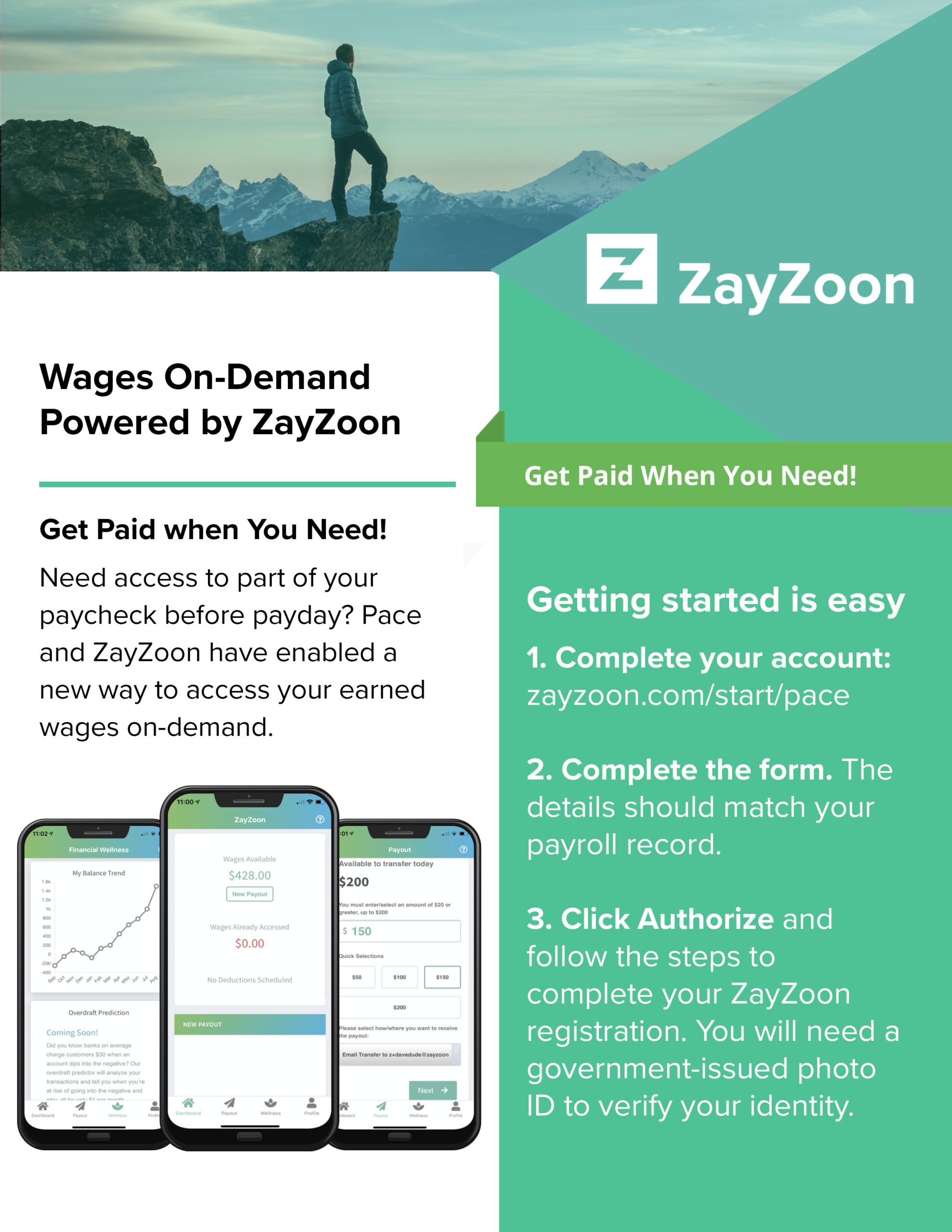
Accelerated Growth in B2C Final Mile
Did you receive an e-commerce order delivered to your front door this week? Odds are, yes you did. As bigcommerce.com states, over 75% of shoppers worldwide make an online order at least once per month. The majority of those orders translate into B2C final mile deliveries.
eMarketer indicates that U.S. e-commerce sales will likely reach $800 billion (about $2,500 per person in the U.S.) this year, up 32.4% year-over-year from 2019, dialing up the e-commerce retail share several years ahead of forecasts from the end of last year. The forecasts for the currently underway holiday shopping season expect a 43% jump year-over-year from 2019’s season.
Digital Commerce 360 reports that 63% of U.S. consumers are currently avoiding stores due to COVID-19 health concerns. It’s not hard to see how the pandemic has contributed significantly to the accelerated use of online shopping. Analysts also speculate that going forward, this elevated growth curve will continue.
These trends are driving significant growth in the B2C final mile sector. That’s “business-to-consumer”, which is a delivery from a business directly to the consumer’s door; as opposed to B2B or “business-to-business”, which is a delivery from a business, such as a manufacturer, to another business, such as a retail store.
Pace’s History in B2B
Most Pace services over the last decade have been B2B. We run courier routes delivering and transferring auto parts to and from commercial parts stores. We provide cross-docking services and make middle mile deliveries of palletized e-commerce packages and parcels to United States Postal Service docks. We transport paper, cleaning, and packaging supplies to restaurants. We move inventory on its final mile from distribution centers to retail stores. All these services end at another place of business.
Pace Invests in B2C
Recent market indicators have supported Pace’s decision to invest in B2C final mile capabilities, as many leading brand shippers and e-commerce providers continuously invest in and turn to B2C. As mentioned in our blog post The Rising Demand for Customized Final Mile Services in B2C, the expectations for final mile service have changed dramatically in recent years. On the receiving end of the final mile is the consumer. Today’s consumers expect visibility on their orders, the ability to choose their delivery windows, and professional deliveries that represents the brand they chose to purchase. Today’s B2C final mile requires significantly greater customized logistics than B2B. With this demand, it makes sense that a customized logistics solutions provider (LSP), such as Pace, can translate our platform, processes, and experience to successfully meet the last mile demands for today’s B2C business.
In November, Pace launched our first B2C final mile deliveries out of our Bessemer, Alabama warehouse and docks. We added sort and delivery capacity for a current customer, viewing this as an early learning and development opportunity to springboard our growth in B2C for 2021. We receive floor-loaded trailers at our Bessemer pool point, execute a sort of the freight, and perform customized, dynamic routing for the primarily residential parcel deliveries. Our already established pool points procedures for receiving and sorting freight supply a basis for this work – up to the point of delivery. At this stage, the B2C deliveries differ from our other pool point work because they are primarily residential deliveries; while most of our pool work is delivered to businesses and in most cases is palletized.
North Alabama District Manager Mike Spivey said that “This new business has provided our Alabama Operations Team with the chance to learn on the job how a B2C sort works and to understand performance expectations. Although it has been challenging, it has also been exciting to see Pace go down this path. Working with the team, made up of IT, Sales, Central Dispatch, Customer Service, Operations, Recruiting, Human Resources, Accounting and Executive Leadership, the implementation was amazing. I am privileged to own and push forward this success. It’s one of the largest I’ve been involved with here at Pace.”
Sales Director Susan Moss calls it a “milestone event” for Pace. “Coming from the courier and B2C small parcel world and selling and implementing many deals like this, I can say that we are learning lessons along the way with this implementation, especially on what works and what doesn’t, and we’ve gotten a good perspective on what it will take to bring more B2C work our way in 2021. It’s a tribute to our experienced and creative teams.”
Expect Continued B2C Growth
The trend toward B2C within e-commerce and omnichannel strategies will likely continue to develop. “We’ve seen e-commerce accelerate in ways that didn’t seem possible last spring, given the extent of the economic crisis,” said Andrew Lipsman, eMarketer principal analyst at Insider Intelligence. “While much of the shift has been led by essential categories like grocery, there has been surprising strength in discretionary categories like consumer electronics and home furnishings that benefited from pandemic-driven lifestyle needs.”
According to a report from Moody’s retail analyst team and reported on in Retail Dive, the change moving through the retail industry began well before 2020, but the COVID-19 pandemic has sped it up dramatically. The Moody’s team describes retailers as “scrambling to adapt,” where they are now activating transition strategies that were previously planned to be rolled out several years in the future. They wrote that this year’s pandemic-sparked online shopping surge is “forever changing consumer habits,” with online sales primed to “shoot above” 25% of all retail sales within the next five years. “Overnight, legions of consumers have been converting to shopping online-sending shipping costs off the charts,” the analysts said.
Pace’s passion – Solving Logistics Together – is a commitment to our customers. As these B2C final mile trends continue their trajectories, Pace’s customized logistics services may prove to be a cost-effective method for our customers to complete the last mile to their customers.











